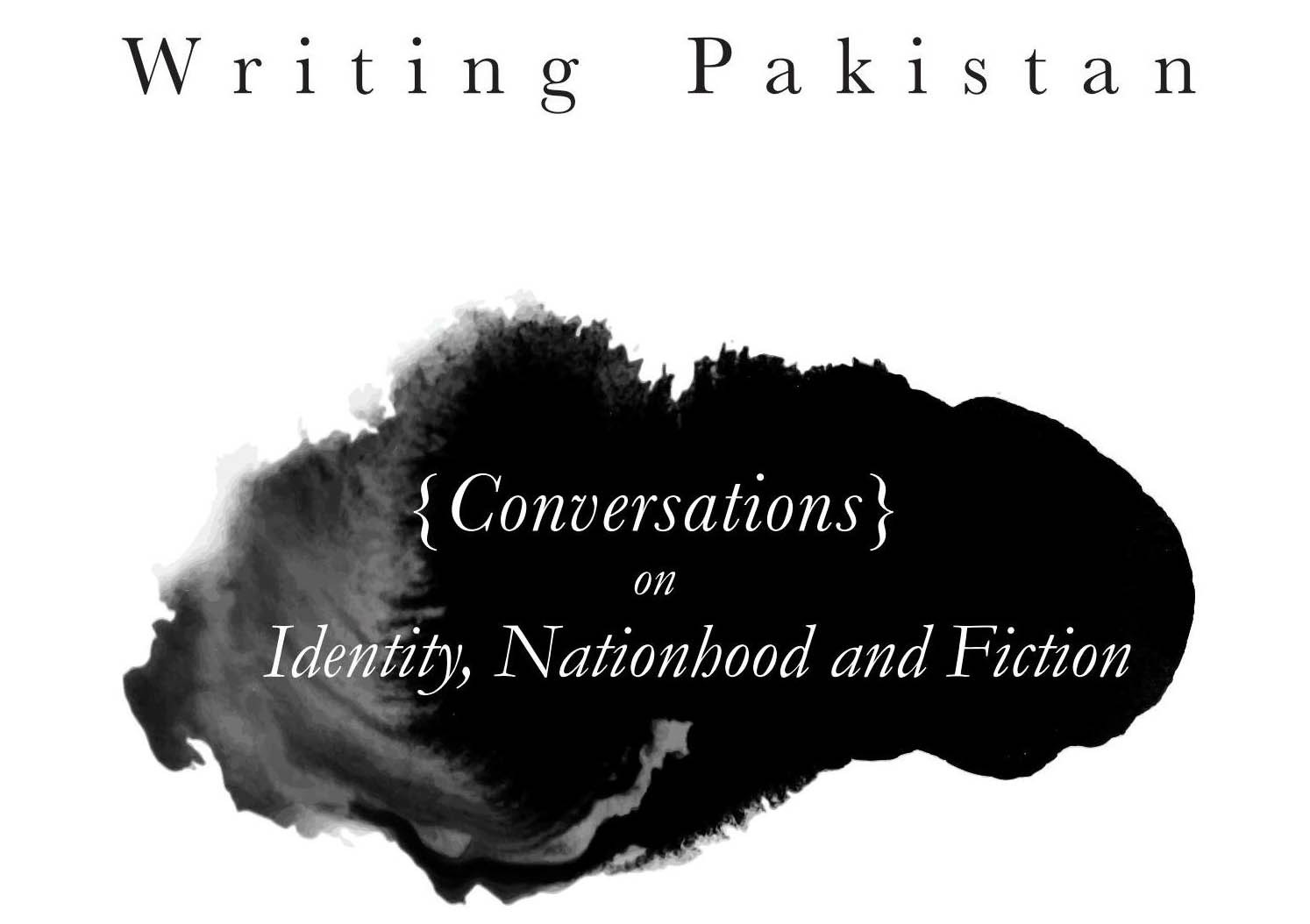
A guide for the upcoming fiction writers from Pakistan on what has been done before, providing useful pointers

Musthaq Bilal has done something for the readers of Anglophone fiction coming out of Pakistan. He has gone and interviewed almost all the major writers except Omar Shahid Hamid, an omission that is almost too difficult to justify even though Bilal has tried to explain away Hamid’s absence as a writer of "crime-thrillers." This is like saying crime-thrillers cannot be literary works. This assertion has been challenged by novelists like Patrick Suskind and Peter Høeg. Omar Shahid Hamid is way more complex than Mohsin Hamid or Kamila Shamsie, both of whom are included perhaps because of their overt gestures to this vague construct called "literariness."
The first interview in the book is perhaps the most revealing about what it means to be an Anglophone writer in Pakistan, especially if you are a Parsi woman. Sidhwa describes how the function held for launching her first book The Crow Eaters was sabotaged by the Parsi community itself. The situation is quite ironic: a minority trying to remain invisible oppresses a female writer (a case of being doubly or triply colonised). Mushtaq Bilal seems to be conversing with the matriarch of Pakistani Anglophone fiction after reading not only all of her books but also most of the critical responses to her work. The result is a very informative exchange of ideas between the interviewer and the interviewee. It was a surprise for this reviewer to learn that The Crow Eaters was originally self-published before Jonathan Cape decided to acquire the publishing rights. After the novel won the David Higham Prize, the Parsi community started celebrating her as one of their own.
The most entertaining interview out of all the interviews in the book is perhaps with Mohammed Hanif who just simply does not care about any formal attempts to theorise his work. His sardonic jibes at academic approaches are so fresh that they are a work of art in themselves. Consider this exchange for example: the interviewer asks Hanif whether the apparition at the end of the novel Our Lady of Alice Bhatti is "an attempt at experimenting with magic realism." Hanif responds by simply saying "No, it is an experiment to end a novel." Out go the possibilities of all comparisons with Marquez. The banality is more profound than all pretensions at grand literary ambitions.
Similarly, Bilal Tanweer keeps throwing the interviewer into difficult corners with his refusal to entertain any theoretical validity in the interviewer’s assumptions about the English language. He says he simply writes in English because it is more rewarding.
There are some problematic statements in the interview about the history of the Left in Pakistan by Bilal Tanweer. Consider this assertion by Tanweer: "If you want to read about the history of the Left [in Pakistan], it does not exist" (page 199) or "the archive of the Pakistani left is also missing" or the archive of the Left "has been destroyed by the Left themselves because the state was coming after them." The assumptions and claims of this interview should be addressed by Arshad Waheed and Aamir Riaz. Perhaps, the archive does not exist in English but it exists in a novel about the history of the Left written by Arshad Waheed. The novel is titled Gumaan and is presently being translated into English.
The book is extremely valuable to anyone interested in Pakistan and the politics of belonging, choosing a language in which to write, the burden of representing one’s civilization or culture, and the importance of subverting Pakistani and Western stereotypes. The publishing industry needs writers from Pakistan because the country is often very topical and newsworthy. After having been instrumental in helping the West demolish the Soviet Union, the government of Pakistan does not fail to create ripples and storms in the international media. The discovery of Osama bin Laden’s hideout in Abbottabad, the case of Malala, the issue of Kashmir, the extrajudicial killings in Punjab and Sindh, the disappearances in Balochistan, and the nuclear tensions over the status of Kashmir keep Pakistan permanently a newsworthy nation in the global networks distributing the latest cause for alarm.
This is the time for the aspiring young and old to test the powers of their pens and keyboards and see if they can gain some cultural capital and traction in the global rush for acquiring and distributing non-Western literary products.
This book can guide the upcoming writers from Pakistan on what has been done before and provide useful pointers to the uncharted territories. In that way, Mushtaq Bilal has done something remarkable for the world of letters within and without Pakistan. For this and other reasons, I have already started asking students in my South Asian Literature class at the postgraduate level to get hold of this book. Where else can they find conversations with Bapsi Sidhwa, Musharraf Ali Farooqi, Uzma Aslam Khan, Aamer Hussein, Mohammed Hanif, Kamila Shamsie, Mohsin Hamid, Bilal Tanweer, Bina Shah and Shehryar Fazli in a single volume?